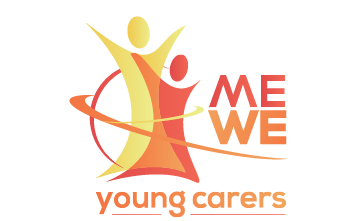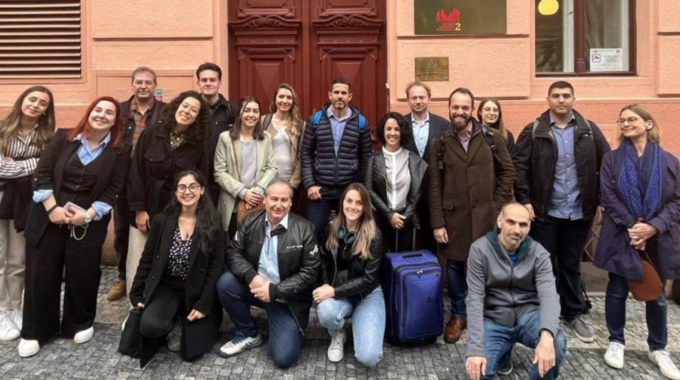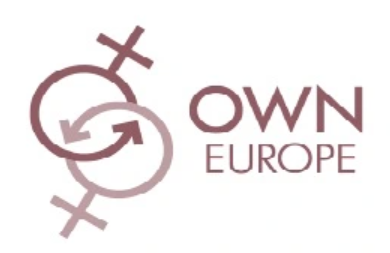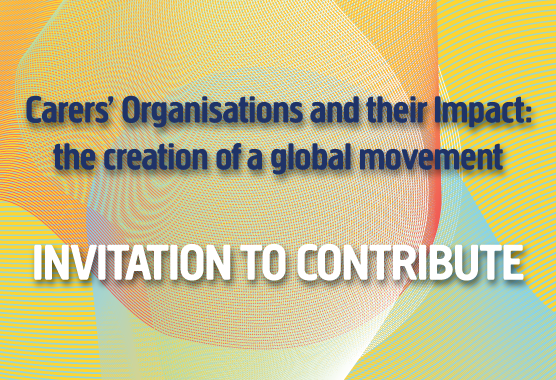
Ongoing work with “ME-WE” in Sweden
The EU Horizon 2020 funded research and innovation project “ME-WE” (2018-2021) has ended, but the knowledge and the ME-WE model are being spread further. A scientific article summarizing the project and its main outcomes was recently published and in Sweden both groups for young carers and training about the ME-WE model are being carried out.
The ME-WE project aimed to promote mental health and well-being among adolescent young carers (aged 15-17) in Europe and to mitigate the negative influence of psychosocial and environmental factors in their lives. The project, which ended in June 2021, was the first major project to provide cross-country data regarding adolescent young carers (young people who provide care to a family member or friend who has a chronic illness, disability, addiction, or any other condition related to a need for care).
On 22 August the scientific article “Research and Innovation for and with Adolescent Young Carers to Influence Policy and Practice – The European Union Funded “ME-WE” Project” was published in the International Journal of Environmental Research and Public Health, with Guest Editor, Professor Saul Becker. The scientific article summarises and discusses the work activities and outcomes from the ME-WE project, based on the project’s overall aim: 1) systematise knowledge on adolescent young carers, 2) co-design, test and deliver a psychosocial intervention, and 3) evaluate what works and provide knowledge translation actions at national, European and international level. The project results contributed to a better understanding of adolescent young carers’ conditions, needs and preferences.
The ME-WE model
Together with young carers, professionals, NGOs and the project consortium from six European countries (Sweden, the Netherlands, Italy, Slovenia, Switzerland and the UK), a preventive intervention was developed and tested. The ME-WE model consists of group sessions and an app for young carers. At the group sessions, young carers and trained group leaders meet to discuss and carry out exercises that aim to increase their self-esteem and self-confidence.
The post-intervention self-assessment shows that most of the participants experienced that the intervention made them feel good about themselves. Positive changes around handling stressful thoughts and feelings in a better way were mentioned in most countries. The results also show that the ME-WE intervention had a positive impact on the educational and employment opportunities for adolescent young carers during the study period. Participants reported that they were more able to do their homework and that they had less difficulty coping in school during the intervention.
Training sessions and guidance
Since the beginning of the year, the Swedish Family Care Competence Centre (Nationellt kompetenscentrum anhöriga, Nka) has offered a free training programme and guidance for those who want to implement and use the ME-WE model. A new group started recently and Johanna Häggberg, practitioner at Nka and one of the facilitators of the training sessions, is happy about the interest in the ME-WE model.
– I am happy to see that so many people want to participate in our training sessions and that they realize the value of preventive work. The training program that just started is our third one. Our fourth one will take place early next year and that one is already almost full. People have heard about the model from others but also found information about it on Nka’s website, she says.
Those who have participated in Nka’s training program are generally positive about the ME-WE model and the training and network support that Nka provides. Johanna Häggberg says that many think that the model can be used widely. The challenge, however, is to market the ME-WE groups for young carers and to reach out to the young carers.
ME-WE network and “youth council”
In addition to the training program, Nka also organizes and facilitates online network meetings for people who use the ME-WE model or want to know more about it.
– At our meetings you have the opportunity to share experiences with others – it’s very worthwhile. Participants can ask questions and learn from each other, says Johanna Häggberg.
Nka is also in the process of starting a “youth council” which will function as a reference group for both Nka and the National Board of Health and Welfare Sweden (NBHWS). The idea is for the Council to function as an advisory body in matters relating to young carers. Their lived experiences can help guide Nka and the NBHWS in their ongoing policy, research and development work.
– Today we have several youths on board, and we are looking for more young carers to participate. One thing that the youths have already pointed out is that many children and youths don’t know what it means to be a young carer, so now we are focusing on how we can work further with spreading knowledge about that. The expert young carers have suggested making a new video among other things, says Johanna Häggberg.
Swedish ME-WE data will be used in new doctoral studies
The Swedish data that was collected during the ME-WE project will now be used in new research. Miriam Svensson, practitioner at Nka and former research assistant in the ME-WE project, has recently begun her doctoral studies focusing on adolescent young carers in Sweden.
– The purpose of my doctoral studies is to increase our understanding and knowledge of adolescent young carers in Sweden. I will look at health factors rather than risk factors. Today, there is relatively little research about adolescent young carers in Sweden and most of the research so far has focused purely on the risks of caring. It is of course very important to highlight the risk factors, but at the same time it cannot be assumed that all adolescent young carers are equally affected by their caring role, says Miriam Svensson.
The aim is to explore which factors can support and maintain adolescent young carers health and well-being. Miriam Svensson will conduct a total of four studies and use the collected Swedish ME-WE online survey data in her first two studies. Study I will explore the perceived health among adolescent young carers in Sweden while study II will explore potential positive experiences of caring. In study three and four the plan is to interview young carers and health care professionals.
– It will be interesting to not only focus on negative aspects. By focusing on the potential positive parts of caregiving, you can gain a better understanding of what factors may impact young carers in a positive way. This could contribute to more knowledge about young carers’ situation and hopefully lead to improved support services which enable adolescent young carers who wish to care for a family member or friend to focus on the aspects of their caring role that they find meaningful, whilst at the same time getting help and support with the aspects that may have a negative impact on their health and well-being.
Read more about the EU H2020 funded ME-WE project at: https://me-we.eu/
For more information please contact:
Elizabeth Hanson: elizabeth.hanson@lnu.se
Text: Josefine Göransson, Elizabeth Hanson, Nka.





